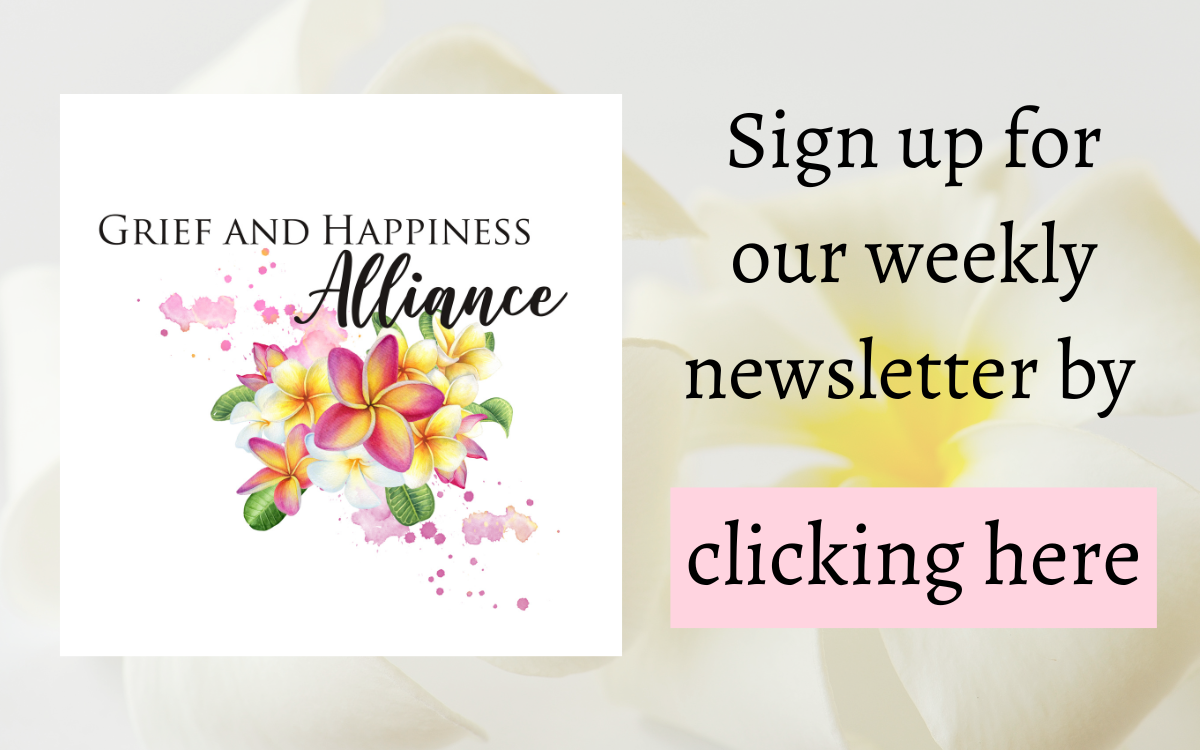
I have a confession to make. After my husband died, I found it harder and harder to get out of bed in the morning. I just didn’t feel ready to face the world. First, I would try to convince myself that there was no need to rush, and that led to more sleep. Then I started bad habits like checking my email and social media accounts. That led to checking the news on my phone, which most often wasn’t good news. Then I would play just one game, which often let to more. I would try to talk myself into getting out of bed, but I wouldn’t listen.
Finally, I came to the point that I realized I was missing the part of my day when I am fresh and most creative, and I decided I needed to change. Your morning routine is likely different than mine was, but whatever it is, you can make it better. Here are some hints that really work.
- The number one thing that will help is to get up earlier. If you automatically get up at 5 or 6, you can skip this step. If you don’t, try getting up one hour earlier than you have been. This will give you a fresh new start on your day. If you have been having trouble sleeping, this may help. Often that trouble sleeping can be the result of staying in bed too long. If you need to set an alarm to get started on this new time, try that. You will discover that you can wake yourself up at the time you want to if your set your intention to do that. I didn’t think I would ever be able to do that because I used an alarm every day, but my husband convinced me to try, and it worked. Now I am no longer jolted out of my sleep and away from my dreams by an annoying alarm.
- Stretch in bed taking a few deep breaths. This is a loving way to gently get your body started for the day. Stretch out your arms. Pull you knees up to your chest. Roll your body back and forth. Take a few more deep breaths. This all feels so good!
- Now do your self-care. I just can’t do anything else before I brush my teeth. Be sure to floss your teeth, wash you face, and comb your hair. You don’t need to put on make-up or style your hair at this point. Then put on some comfortable, morning clothes.
- Next is your soul time. In your journal, start by writing at least five things you are grateful for. I am always amazed how good it feels to realize the wonderful things in my life. There are so many things to be grateful for! Then write a goal to accomplish today. Instead of writing a list, write just one thing. After you do that, you can decide what to do next. Then write one thing that brought you joy the day before. Be sure to smile while you write this along with why this thing made you happy. And take some time to meditate, if only for a few minutes.
- Eat something nourishing and healthy. Be sure you have food on hand that is easy to fix and enjoyable to eat. Be sure what you eat is fresh and natural avoiding processed foods. Your body will appreciate this loving care.
Changing my habit of seeing how long I could convince myself to stay in bed was a bit of a challenge. When I recognized how much better I felt when I did this new routine, I was happy to keep it up. Now I feel energized as I start my day. My days are more fulfilling, and I am so much happier. Making a commitment to a positive change like this can make all the difference in how you feel. Try it, and enjoy the results!
You can order Loving and Living Your Way Through Grief by clicking here at Amazon.
I would be happy to put you on the reminder list for or Writing Together Through Grief occurring on Saturdays each week by sending an email to me to emily@lovingandlivingyourwaythroughgrief.com and giving me your email address.





